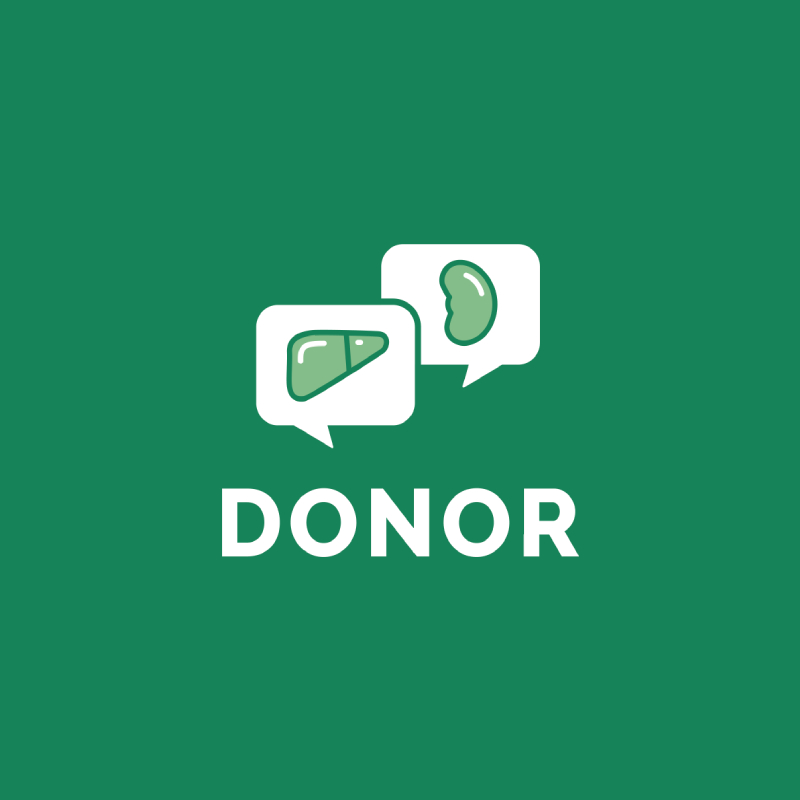
Diane Gage
LIVING Kidney DONOR NEEDED
Might you be a match for me?
I found out in 2000 that I have Polycystic Kidney Disease. Kidneys are basically the body’s filters and mine are currently functioning at about 15%, on their way to failing altogether. We’re born with two kidneys but can function fine with just one healthy one. So I’m hoping maybe you’ll let me have one of yours, please?
My family and friends have all been tested but none of them qualified. Might you be a match for me?
I am a Mom, artist, writer, teacher, singer, gardener, arts therapist - or was, anyway. Now I can barely do any of those things (except be a Mom) because the PKD is taking its toll and fatigue is my daily reality. Believe me: I’d rather be dancing! Altho I do what I can.
Thank you for reading this and considering donating a kidney. If you’re interested, please contact Scripps Transplant Services at 858-554-4310.
START YOUR JOURNEY
Become Diane Gage's Donor
If you are considering being a living donor please use links below to contact Diane Gage's Transplant Center. Begin by completing the donor questionnaire
Scripps Health
10666 N Torrey Pines Road, La Jolla, CA, 92037
Did you know?
Medical expenses for living organ donors are 100% covered, and inquires from potential donors are 100% confidential! Contact the Transplant Center to learn more about living donation.
More Donor FAQsShare the Importance of Living Donation
Share Quote Via:
Diane's Champions

Mike
Family (invited)
Karen
Friend (invited)